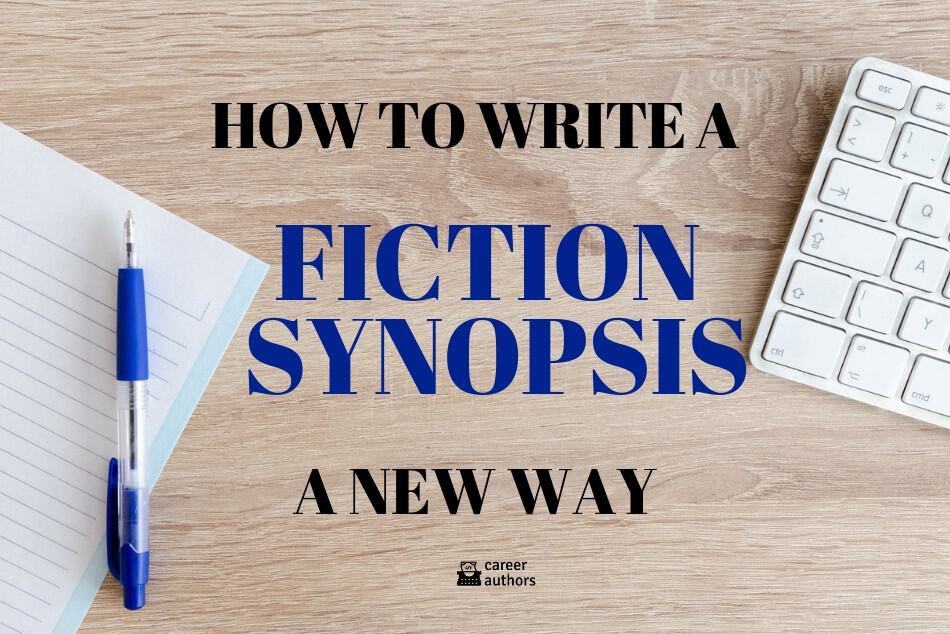Oh, writing a fiction synopsis. The worst!
Every time I have to write one (for use as a proposal) I have a brief tantrum because I have no idea how to do it (even after 11 times), and so I scour the internet for advice. There are a million how-to articles about it, and (every time) I find the one that seems to work for me. And, every time, it’s a different one.
What’s the key to a terrific synopsis? Well, yeah. It’s different every time.
But for fiction, here’s my step-by-step chart.
See if this works for you! It’s just one way of doing it, trust me. But when you’ve got to write a synopsis, any port in a storm. And this might be just the one.
State a big-picture theme
It can be your log line expanded a bit. Like an intro, or a set-up of the genre, one that indicates the coolness of the book.
“In this twisty triangle of psychological suspense, a determined _____ learns that even though she’s _____, she’s tough enough to handle ____ and learns that_______. “
And maybe even:
“Fans of (comp title or author) and (comp title or author) will be enthralled by this fast-paced new addition to their favorite genre.”
Then start from the beginning and follow the questions
Question after question.
Who is the main character and what does she/he want? Why? Where does she live and what is her life situation? Allude to the theme.
And then what happens? A big big out-of-whack event, an inciting incident that’s bound to topple her dominoes. The stakes are really high! Whoa. Never thought this would happen. But she must get involved. Why?
Oh, no, what does the main character think about that? And then who comes along to be part of the story? What’s their input into the thing? And do they have a secret?
Then what happens?
What does our main character do about that? Does she still have the same goal? Why? How far will she go to make that happen? Is that boundary changing? Because the stakes are HIGHER!
Oh no—something big and crazy happens! Now what? More people get involved. Decisions decisions decisions.
Action! Action! Action! Always with your main character driving the action, and when she has to react, she becomes the driver again. Because she is so motivated by______.
Big big decision gets made—something she thought she’d never do. Why does she do that? What terrible thing has happened? What does she have to give up or sacrifice or realize? Secrets are revealed. Whoa.
Big stakes, big climax, oh gosh she never thought she could do this but it is SO important! More secrets are revealed.
Good guys win, bad guys get what’s coming to them, something is learned or understood. State the theme again which is now so obviously brilliant. Tell what’s been learned by the main character, and allude to what might happen next.
Illustrate your writer voice
Make sure you include several lines from the manuscript to illustrate your writer voice and style: As Sally put it, “He was as arrogant as one of my mother’s prize stallions—sleek and muscled and too big for his stall.” Or: “Wait. Listen. Wait again. Callie remembered day one of her undercover training. But this bullshit was not in the fricking TJT syllabus.”
(Those are terrible, but you get the point.)
Give just the big picture (and maybe the ending)
In your fiction synopsis you don’t have to tell every little thing about the story itself. Regarding the ending, sometimes editors want to know it, sometimes they don’t. I cannot tell you how often I’ve written: And in an exciting and breathtaking twist, Sally discovers the mastermind behind the ____, and using her wits and the devastating facts she’s unearthed, delivers the bad guys to the justice they deserve.
(And then I think—yeah, I’ll figure it out later. Don’t tell anyone that, okay?)
And check out more synopsis secrets from our Laura DiSilverio.
Do you have your own secret to how to write a fiction synopsis? Come tell us on the Career Authors Facebook page! (Please. We all need it.)
And then, get writing!





